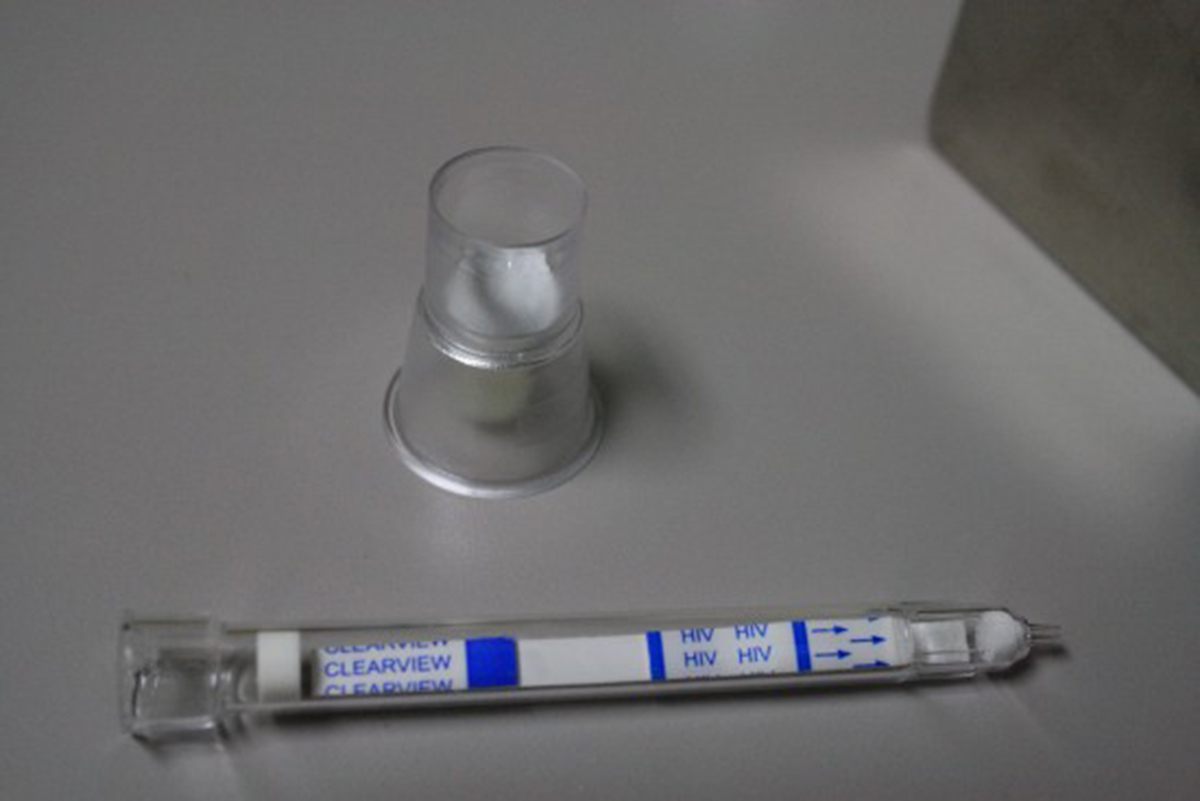Table of Contents

These include uninfected men who engage in sex with other men, uninfected partners of people who test positive for HIV, and others who may be at risk for infection through sexual intercourse.
Other factors such as unknown HIV status, prostitution, and incarceration may also increase one’s risk for acquiring the virus.
The decision to approve Truvada for use as a preventive drug for HIV/AIDS came after a few studies published in the New England Journal of Medicine in 2012, showed its effectiveness in preventing HIV transmission. Three clinical trials were conducted in different places in Africa, where heterosexual transmission of the virus is common. Each trial compared the ability of Truvada to reduce the rate of HIV transmission versus that of a placebo. Participants were counseled about safe sexual practices and HIV risk reduction.
One study conducted in Uganda and Kenya involved almost 5,000 married couples where one spouse was HIV-positive.
Another study conducted in Botswana involved healthy, unmarried men and women. Those who took the drug were more than 60% less likely to acquire the disease than those who received placebo. The last study conducted in South Africa, Kenya, and Tanzania involved healthy women who were either married or unmarried. Although the drug did not seem to reduce HIV transmission among those who used it, it was found that compliance for drug intake was low after blood tests showed that only a few women actually took the drug. The trial was discontinued.
FDA warns that Truvada does not always prevent infection with HIV. It must be used in combination with safe sexual practices (i.e., use of condoms). In addition to this, one must avoid sharing needles, razors, or toothbrushes to reduce the risk of HIV infection.
Read More: Early Start Of HIV Treatment Benefits Patients’ Long-Term Health
What the Critics Say
One of the biggest critics of the move to approve Truvada as a prophylactic drug for HIV/AIDS is the AIDS Healthcare Foundation, which believes that this quick-fix solution may detract people from using proven methods of disease prevention, which includes safe sex practices, particularly condom use. Critics also point out that the pill has many dangerous side effects, such as bone loss, liver damage and lactic acidosis. The pills are also very expensive, and one will spend about $ 1,100 monthly for a once-daily dose of the drug, according to Gilead Sciences, its manufacturer.
- Morin, M. Truvada pill urged for AIDS prevention after promising studies. Los Angeles Times. http://www.latimes.com/health/la-sci-hiv-prevention-20120712,0,3763131.story#axzz2j6VqQnoB
- WebMD. HIV and AIDS. http://www.webmd.com/hiv-aids/guide/sexual-health-aids
- CDC. Statistics Overview. http://www.cdc.gov/hiv/statistics/basics/index.html
- Doheny, K. FDA Panel OKs Truvada as First HIV-Preventive Drug. WebMD.http://www.webmd.com/hiv-aids/news/20120510/fda-panel-oks-truvada-first-hiv-preventive-drug
- AIDSinfo.Emtricitabine / Tenofovir Disoproxil Fumarate. http://aidsinfo.nih.gov/drugs/406/emtricitabine---tenofovir-disoproxil-fumarate/0/patient
- Photo courtesy of Fersolieslava by Wikimedia Commons : commons.wikimedia.org/wiki/File:Truvada_pill_flask.jpg
- Photo courtesy of Wheeler Cowperthwaite by Flickr : www.flickr.com/photos/wcowperthwaite/5774582962/


Your thoughts on this